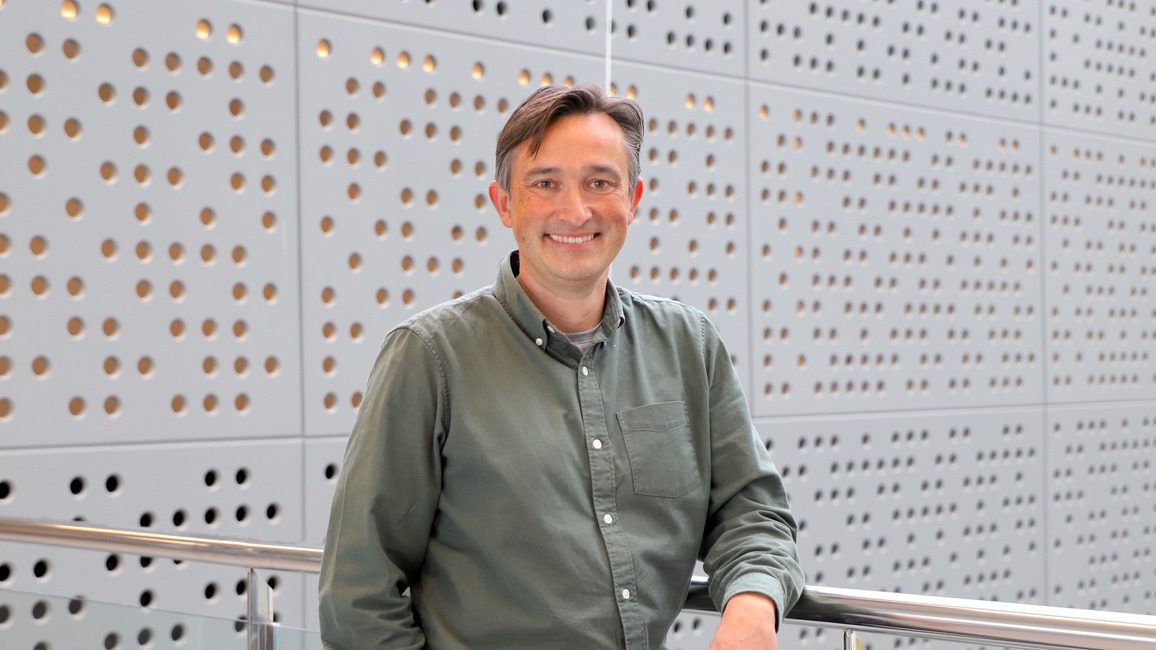The Josep Carreras Institute will train the new generation of experts in Metabolic Regulation of Genome Function
The NUCLEAR project, coordinated by Dr Marcus Buschbeck of the Josep Carreras Institute, will train 17 Doctoral candidates to become world-class experts and provide new answers to the emerging field of Metabolic Regulation of Genome Function and Cell Identity, relevant for stem cell biology and cancer. This project is a Marie Skłodowska Curie Action Doctoral Network funded by the European Commission under the Horizon Europe framework programme.

Metabolism was traditionally viewed as a consequence of cell identity, however, during the last decade it became clear that it is an active regulatory mechanism in cell-fate decisions. Metabolism affects cell identity by changing chromatin structure and thus the genome’s function in gene expression, both in stem and cancer cells.
Given the highly interdisciplinary nature of this emerging field, the new NUCLEAR project, coordinated by Dr Marcus Buschbeck, Group Leader at the Josep Carreras Leukaemia Research Institute, will bring together European leaders in metabolomics, functional genomics, chromatin regulation, stem cell biology, and cancer with innovators in precision nutrition, mass spectrometry technologies, and drug development.
NUCLEAR will train 17 Doctoral candidates in the emerging field of Metabolic Regulation of Genome Function and Cell Identity, relevant for stem cell biology and cancer. In total, there are 14 beneficiaries and 12 partner organisations from eight EU member states, one associated country, and two non-EU member state self-funding its participation to the level of beneficiary. This project is a Marie Skłodowska Curie Action Doctoral Network funded by the European Commission under the Horizon Europe framework programme.
The NUCLEAR project plans to address critical challenges in the field, such as:
1) To develop tools for the detection of metabolism in the nucleus and to enable its interpretation
2) To understand how metabolism regulates functions of the chromatin template, including specific gene regulation
3) To test metabolism-chromatin interactions as targetable vulnerabilities in cancer cells
The final objective of NUCLEAR is to train a new generation of creative, entrepreneurial, and innovative early-stage researcher who are able to translate newly generated knowledge into cancer treatments and other useful tools for society and thus, prolong the impact of this proposal far beyond its lifetime.
The Josep Carreras Leukaemia Research Institute will coordinate the network, and doctoral students will develop their projects in the following organizations, research institutions, and medical universities:
Josep Carreras Leukaemia Research Institute (Spain)
Universitetet i Bergen (Norway)
University of Milan (Italy)
Leibniz-Institut für Analytische Wissenschaften (Germany)
Max Delbrueck Zentrum (Germany)
Universitetet I Tromsoe - Norges Arktiske Universitet (Norway)
University of Copenhagen (Denmark)
Universitair Medisch Centrum Utrecht (Netherlands)
Stichting Radboud University (Netherlands)
Centre for Genomic Regulation (Spain)
Karolinska Institutet (Sweden)
University of Cyprus (Cyprus)
King Abdullah University of Science and Technology (Saudi Arabia)
The Babraham Institute (United Kingdom)
And in two non-academic organizations:
Precision for Health (Spain)
Eisbach Bio GmbH (Germany)
Additional partners contributing to the specific Ph.D. training programme are: Thermo Fisher Scientific (Bremen) GmbH, Stichting SciLink (SciLink), Asociación Española Contra el Cáncer (AECC), Ludwig-Maximilians-Universität München (LMU), Universitat Autònoma de Barcelona (UAB), Universität Duisburg-Essen (UDE),University of Cambridge (CU), Universidad Autónoma de Madrid (UAM), Charité Universitäts Medizin Berlin (CUB), Universitat Pompeu Fabra (UPF), Instituto Europeo di Oncologia SRL (EIO), Universiteit Utrechut (UU).
This project has received funding from the European Union’s Horizon Europe research and innovation programme under the Marie Skłodowska-Curie grant agreement No 101166838.